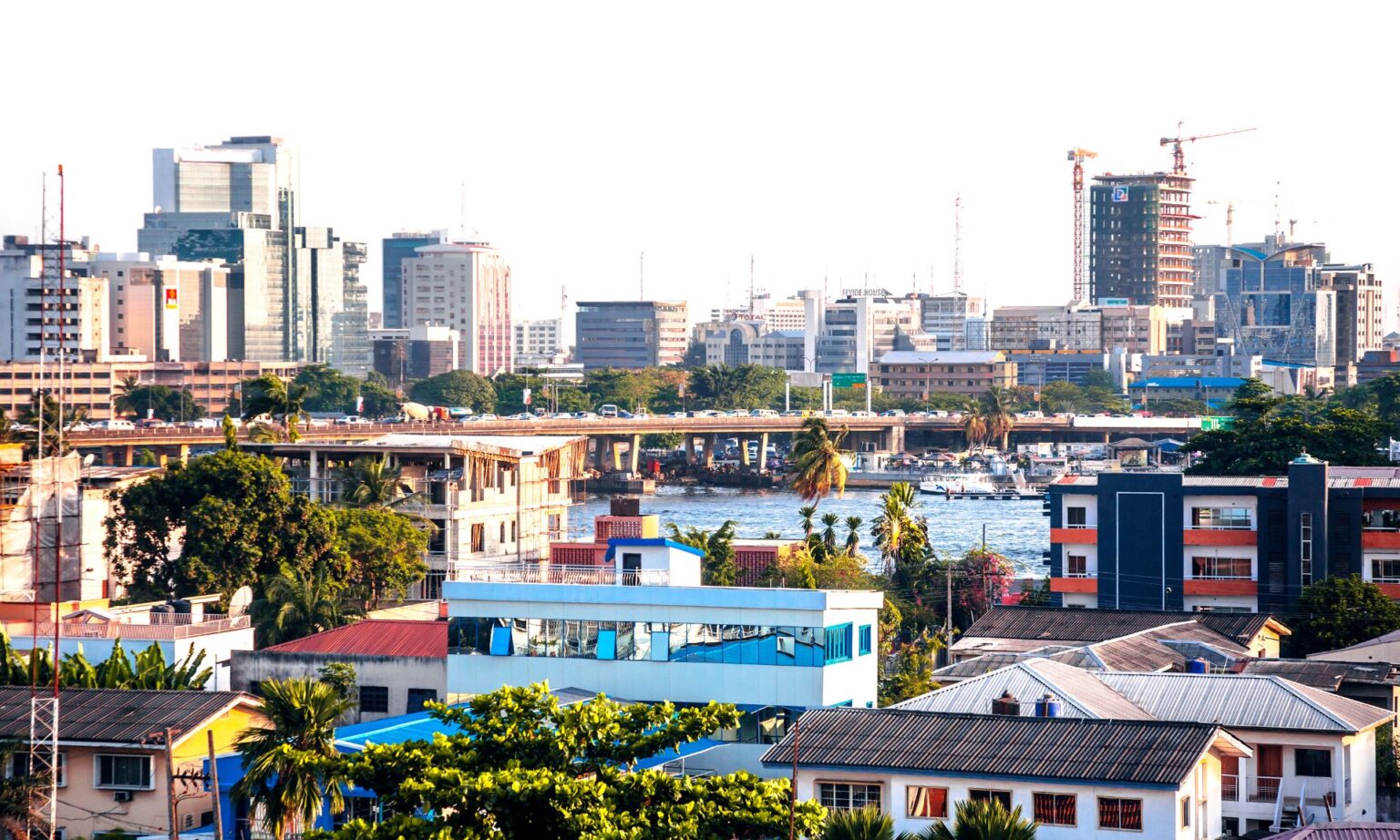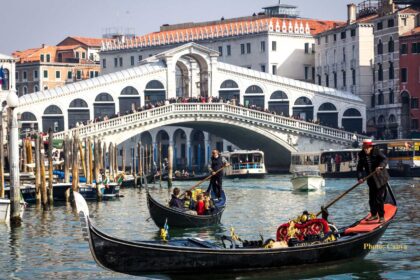Introduction:
Nigeria, a diverse and culturally rich country in West Africa, offers visitors a wide range of experiences, from vibrant cities to lush landscapes and cultural heritage sites. When visiting Nigeria, it’s essential to consider appropriate clothing choices to ensure comfort, respect local customs, and adapt to varying climates and environments. In this article, we’ll explore clothing recommendations for travelers visiting different destinations in Nigeria, taking into account cultural norms, weather conditions, and practicality.
Urban Centers:
In cities like Lagos, Abuja, and Port Harcourt, where modernity and tradition intersect, travelers can adopt a blend of casual and semi-formal attire. Lightweight, breathable fabrics such as cotton and linen are ideal for navigating the bustling streets and humid climate. Opt for comfortable clothing like loose-fitting trousers, skirts, dresses, and lightweight shirts or blouses. While Nigerians generally dress modestly, particularly in urban areas, Western-style clothing is widely accepted. However, it’s advisable to avoid revealing or provocative attire to show respect for local customs and cultural sensitivities.
Cultural Sites and Religious Centers:
When visiting cultural and religious sites such as mosques, churches, or traditional palaces, travelers should dress modestly out of respect for religious and cultural traditions. For women, this may entail wearing long skirts or trousers, with tops that cover the shoulders and avoid low necklines. Men should also dress conservatively, avoiding shorts and sleeveless shirts. Additionally, it’s customary to remove footwear before entering mosques and some traditional buildings, so wearing slip-on shoes or sandals can be convenient.
READ ALSO: South Africa’s Top 5 Must-Visit Places and Activities
Rural Areas and Nature Reserves:
In rural areas and nature reserves such as Yankari National Park or the Niger Delta region, travelers should prioritize comfort and practicality in their clothing choices. Lightweight, long-sleeved shirts and trousers can provide protection against insects and sun exposure, while sturdy hiking boots or closed-toe shoes are essential for exploring rugged terrain. Additionally, packing a hat, sunglasses, and sunscreen can help shield against the intense equatorial sun. It’s also advisable to bring a waterproof jacket or poncho, as rainfall can be unpredictable, especially during the wet season.
Traditional Festivals and Celebrations:
Nigeria’s diverse cultural landscape is punctuated by vibrant festivals and celebrations, such as the Durbar festival in Kano or the New Yam Festival in the Igbo-speaking regions. When attending these events, travelers can embrace the colorful traditions by wearing traditional Nigerian attire, such as Ankara prints, gele headwraps, or agbada robes. Many festivals involve dancing, drumming, and communal feasting, so wearing comfortable clothing that allows freedom of movement is essential for fully participating in the festivities.
Practical Considerations:
Regardless of the destination or occasion, travelers should prioritize comfort, practicality, and cultural sensitivity when choosing clothing for their visit to Nigeria. Packing versatile items that can be layered to adapt to changing weather conditions, as well as comfortable walking shoes and accessories like a lightweight scarf or shawl, can enhance the travel experience. Additionally, respecting local customs and traditions by dressing modestly and appropriately demonstrates cultural awareness and fosters positive interactions with local communities.
Frequently Asked Questions:
1. Is it necessary to wear traditional Nigerian attire when visiting cultural festivals?
– While it’s not mandatory, wearing traditional Nigerian attire can enhance your experience and show respect for local customs during cultural festivals. However, Western-style clothing is generally accepted, as long as it is modest and appropriate for the occasion.
2. Are there any clothing items that are considered offensive in Nigeria?
– Revealing or provocative clothing is generally considered inappropriate in Nigeria, especially in conservative areas or religious sites. It’s advisable to dress modestly and respectfully to avoid causing offense.
3. What should I wear to protect against insect bites and sun exposure in rural areas?
– In rural areas and nature reserves, lightweight, long-sleeved shirts and trousers can provide protection against insects and sun exposure. Additionally, wearing a hat, sunglasses, and sunscreen can further shield against the sun’s rays.
4. Can I wear shorts and sandals in urban areas?
– While shorts and sandals are acceptable in urban areas, particularly during hot weather, it’s essential to consider the cultural norms of modesty and dress respectfully. Opting for longer shorts and avoiding overly casual attire is advisable, especially in more formal or conservative settings.
Conclusion:
Choosing appropriate clothing when visiting a destination in Nigeria is essential for ensuring comfort, respect for local customs, and practicality. By considering factors such as weather conditions, cultural sensitivities, and the nature of your activities, travelers can make informed clothing choices that enhance their travel experience. Whether exploring urban centers, cultural sites, rural areas, or attending traditional festivals, dressing thoughtfully contributes to a positive and culturally sensitive interaction with Nigeria’s diverse landscapes and communities.
In another related article, The 5 Most Affordable African Cities for Expats on a Budget






